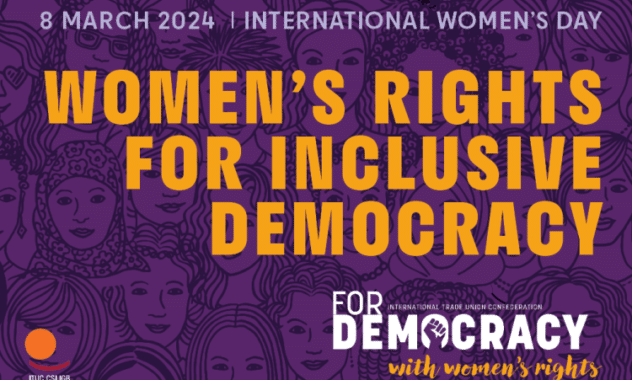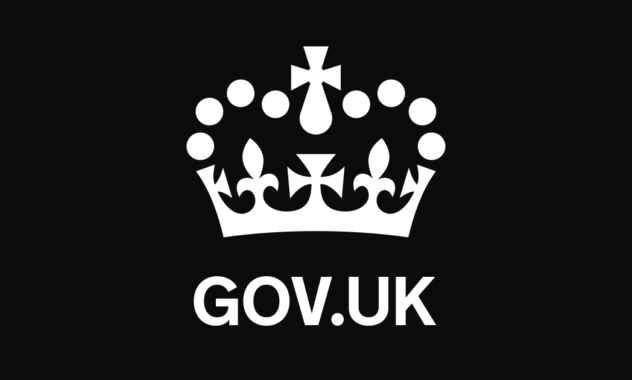Unions celebrate win over third-party harassment protection
The government has announced that employers will be liable for protecting their workers from third-party harassment.

Unions are celebrating this week after years of campaigning has swayed the government to protect workers against sexual harassment from third parties, such as customers and clients.
The Government Equalities Office (GEO) vowed on Wednesday (28 July 2021) to introduce a duty on employers to “take reasonable steps to prevent sexual harassment”, with explicit protections against abuse from third parties.
It also said it would produce employer guidance on the issue and support the Quality and Human Rights Commission in the implementation of a statutory code of practice.
The GEO is considering extending the time limit for bring cases based on the Equality Act to tribunal to six months.
Frances O’Grady, TUC General Secretary, described the news as “a victory for years of trade union campaigning”.
“No one should face sexual harassment at work, but the shocking reality is that most women have. Employers will now have a legal responsibility to protect their staff from sexual harassment,” she said.
“And employers must now protect their workers from all forms of harassment by customers and clients as well as from colleagues. This will help stamp out sexual harassment of women workers, and racist and homophobic abuse too. And it will make all public-facing workplaces safer – from shops to surgeries, salons to showrooms.”
Unison’s National Women’s Officer, Josie Irwin, added: “A workplace culture that tolerates sexual harassment also allows violence to fester. Too many workers have had to put up with appalling behaviour for too long because they felt nothing would be done if they reported it. The government must now act swiftly to turn words into action, change the law and enforce it.”
Indeed, the TUC warned that change must be made “swiftly” and the enforcement bodies must be provided with sufficient resources to make the policy “a genuine turning point”







